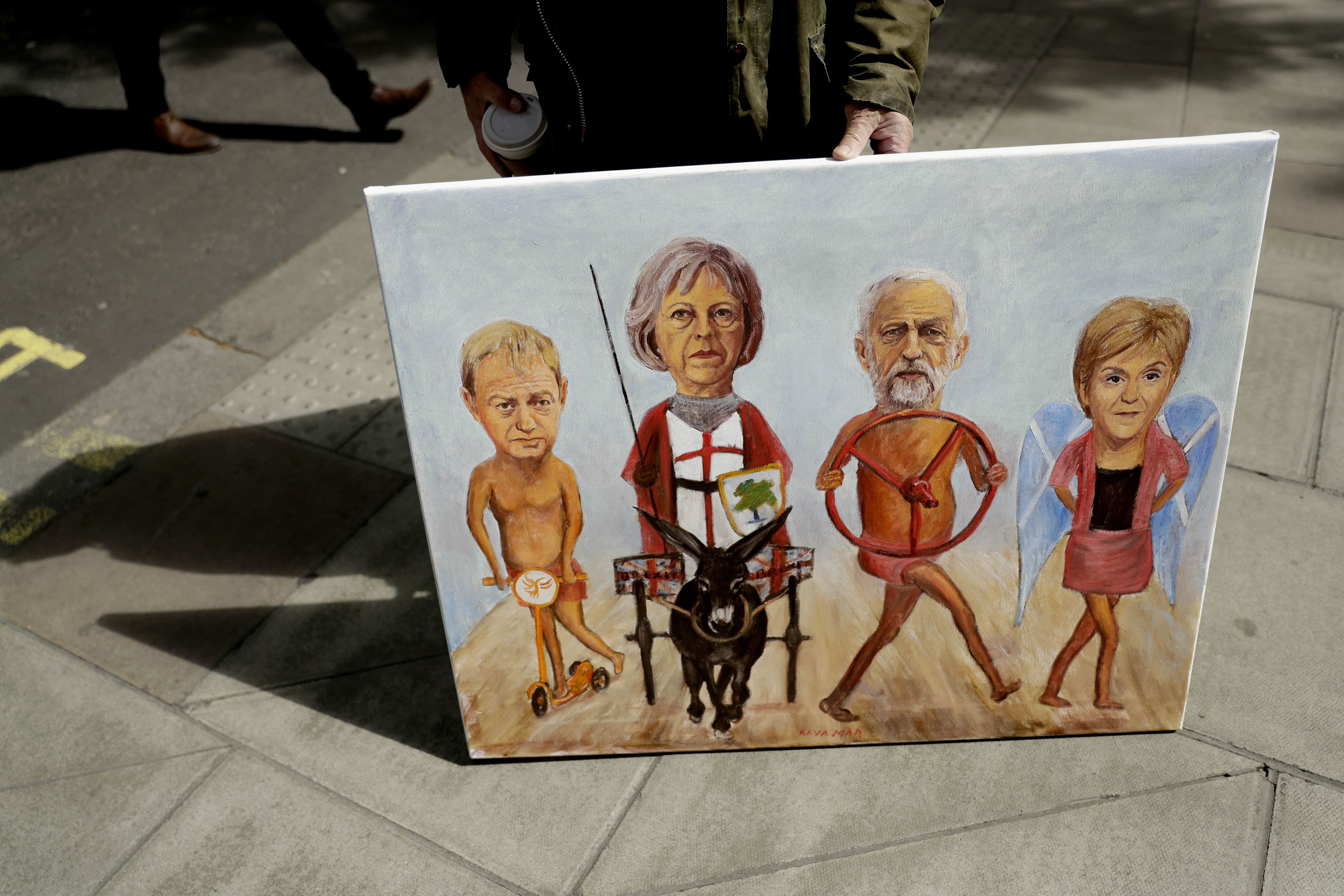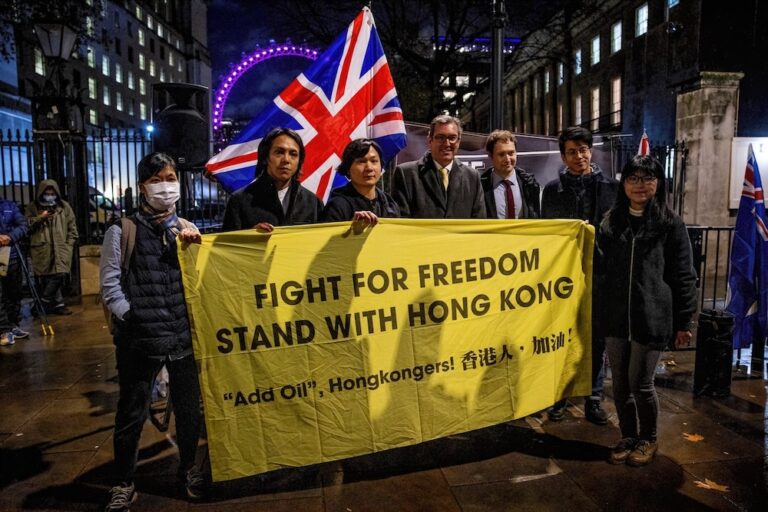No televised debates. Boycotting of media outlets. Journalists shut in a room and prohibited from covering campaign events. Is this the new face of British democracy?
This statement was originally published on rsf.org on 11 May 2017.
In the weeks since the announcement that the UK will hold a snap general election on 8 June 2017, the campaign period has been marked by a number of worrying moves to restrict the press. Reporters Without Borders (RSF) calls for all candidates to respect press freedom in their campaigning.
On 2 May, local journalists reported that they were shut in a room and prohibited from filming Theresa May’s campaign event at a factory in Cornwall. The county’s biggest news website, Cornwall Live, stated that its reporters were only permitted to ask two questions, and were then held in a separate room to prevent them from filming the event. May’s campaign has also been criticised for heavily stage-managing campaign events and taking questions only from pre-arranged lists of journalists.
On 9 May, BuzzFeed News revealed that its reporters have been denied access to Labour party campaign events following BuzzFeed’s publication of an interview with party leader Jeremy Corbyn in which he stated he would “stay leader of this party” regardless of the election results. BuzzFeed reported that Corbyn’s team had stated the news site’s access to Corbyn would be limited for the remainder of the campaign period.
Both May and Corbyn have refused to take part in televised debates in the campaign period. ITV has announced that it will proceed with its “Leaders’ Debate” despite May and Corbyn indicating they will not participate, whilst the BBC has stated only that it will air a debate with “senior figures from seven parties”.
“The hostile treatment of journalists by the Conservative and Labour campaigns is troubling, as is May and Corbyn’s refusal to participate in televised debates. Preventing journalists from doing their jobs in turn restricts the public’s right to access information, and impedes the democratic process. We urge all candidates to respect press freedom in their campaigning, and act in the interest of transparency and accountability”, said Rebecca Vincent, RSF UK Bureau Director.
The campaign-period restrictions take place against the backdrop of a broader trend of concerning moves against press freedom in the UK – including the adoption of the menacing Investigatory Powers Act and the alarming Law Commission proposal for a new ‘Espionage Act’ – that resulted in the UK dropping to 40th out of 180 countries in RSF’s 2017 World Press Freedom Index.



